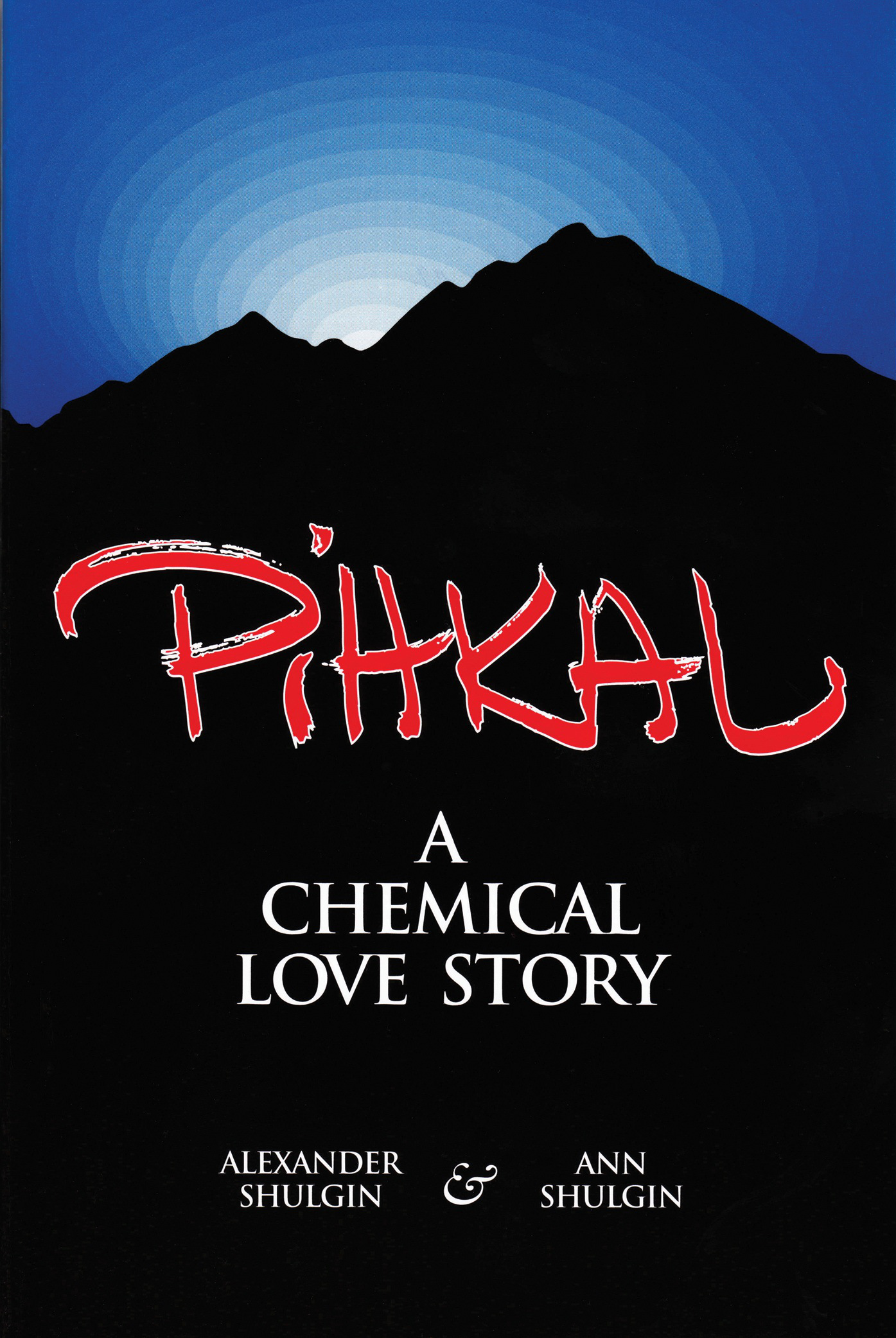Highlights from Pihkal by Alexander Shulgin, Ann Shulgin

Highlights from this book
-
People only see as much as they want to see.
-
Finally, I shrugged. “I tend to be something of an incurable optimist; I figure we’ve got to have enough time, so we will have enough time.” Shura’s eyes focused again, and he grinned at me, “You may be right, but I have no intention of getting lazy, and there’s nothing better than a suspicion that time’s running out, to keep you working hard.”
-
Shura and I were coming to know the dark sides of each other. My problem was one which—I was beginning to realize—troubled a majority of humans on earth: I did not, at the very deepest level, believe in my own worth.
-
How do I stop being afraid? “Know that there is no safety anywhere. There never was and there never will be. Stop looking for it. Live with a fierce intent to waste nothing of yourself or life.”
-
“Yes, that sounds pretty much like what’s going on while I’m reading the paper: focused thinking and a chronic impatience underlying it. I’d have to say you’re right on the button!” I asked, “What are you chronically impatient about?” There was another brief silence, then he replied, “Myself, mostly. All the things I want to get done and am not getting done.” He shrugged, “You know, the usual.”
-
There is no effort to inform, to educate, to provide the complex body of information that will allow the exercise of judgment. Rather, there is given the simple message that drugs kill. This is your brain. This is your brain on drugs. Sizzle, sizzle, sizzle, and the egg is suddenly fried. Your sweet, virginal daughter was killed because she didn’t learn about drugs. She should have learned to, “Just Say No.” None of this can be called education. It is an effort to influence behavior patterns by repeating the same message over and over again. It is propaganda.